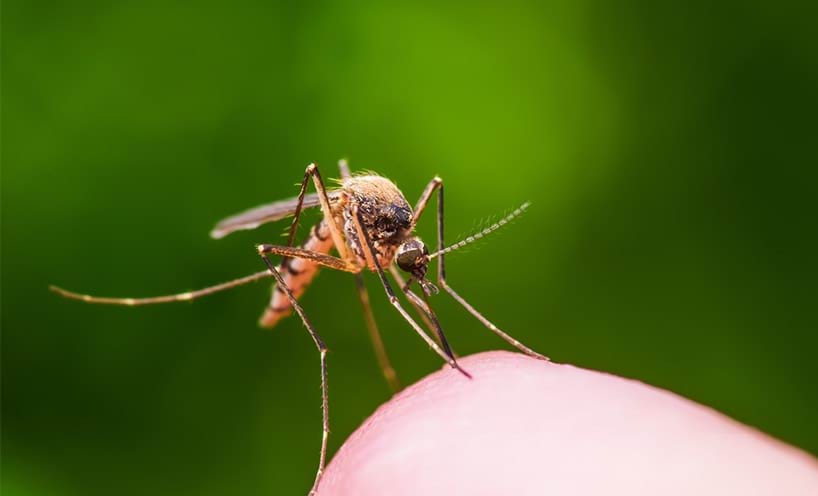This article contains important information to help all Victorian early childhood education and care (ECEC) services minimise the spread of mosquito-borne diseases such as Murray Valley encephalitis virus and Japanese encephalitis virus infections.
Warm and wet weather can result in greater numbers of mosquitoes and increased risk of illnesses from mosquito bites.
The best protection against mosquito-borne illness is to avoid mosquito bites.
Please share this information with your staff and use the template newsletter text to communicate with parents and carers.
How to protect against mosquito-borne diseases
Mosquitoes are generally more active around dusk and dawn but can also bite during the day. The peak mosquito period is from October to March.
Consistent with community health advice, there are some simple steps that families and staff can take to help protect against mosquito bites:
- use mosquito repellent that contains picaridin or DEET on exposed skin if outdoors when mosquitoes are observed. It is important to review the instructions on repellent containers to ensure it is suitable for younger children. In some instances, repellent can be applied to clothing and should be avoided on young children’s hands, eyes and mouth
- wear long, loose-fitting clothing if mosquitoes are around and cover exposed skin as much as possible
- limiting outdoor activity when mosquitos are active.
For advice about using and purchasing insect repellent, please see Insect repellent.
Services can also reduce the risk of mosquito bites by:
- preventing mosquitoes from getting inside, for example by closing windows and doors or using fly screens, particularly at times when mosquitoes are active. It is recommended you use air purifiers where available to reduce the risk of airborne illnesses
- preventing mosquitoes from breeding around the service, for example by:
- cutting back long grass and shrubs where mosquitoes can rest, especially around outdoor areas where people gather
- removing or emptying containers capable of holding water (including rubbish bins, pots and bird baths)
- checking and maintaining rainwater tanks and water storage vessels.
Staff or families with any health concerns should see their doctor or phone Nurse-on-call: 1300 606 024 (available 24 hours).
Find out more
For more information on protecting against mosquito-borne diseases, refer to Mosquitoes can carry diseases – Better Health Channel.
For information about mosquito-borne diseases known in Victoria, including, but not limited to Japanese encephalitis, Murray Valley encephalitis, Ross River Virus and West Nile Virus/Kunjin, refer to the Better Health Channel.
For health advice, contact the department by email: health.advice@education.vic.gov.au
Updated
